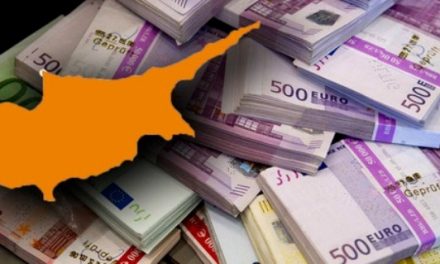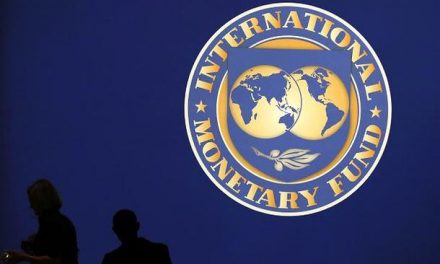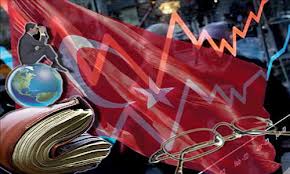By MarketWatch
With hefty debt payments looming, a shrinking economy and political tensions, Greece is far from out of the ‘Grexit’ woods yet, Morgan Stanley analyst said on Tuesday.
“Contrary to many commentators, we don’t think that the probability of a euro exit has diminished. While we’d still put it at one chance in four over the next six months, it feels as if we’re at the high end the range, and its probability may increase further,” they said in a note.
And if it does happen, it would have consequences for the eurozone, according to the investment bank. The gross domestic product for 2015 could slip by 0.2%, compared with the expected 1% growth if the currency union stays in its current form. The euro might slide to as low as $0.82, around the weakest level ever for the shared currency. And the fair value for European equities would fall by around 10%.
Greece is at risk of running out of cash within weeks, remaining shut out of debt markets as it negotiates a reform program with its international lenders. The rest of the eurozone has frozen the next tranche of financial aid to Athens, unless the Syriza-led government agrees to implement a range of economic reforms.
The Athex Composite Index GD, -3.32% has shaved off almost half its market value over the past year and is down 6.8% year-to-date.
So far, attempts to hammer out a deal have ended at an impasse. Greece has been calling for more leniency on its bailout requirements, while other eurozone members — particularly Germany — demand the country sticks to austerity measures that have already been agreed upon.
Locked out of capital markets, unable to access bailout money and with a €2 billion debt payment due on Friday, the Greek government is expected this week to outline emergency liquidity plans to parliament, Bloomberg reported.
On Tuesday, Greek Prime Minister Alexis Tsipras requested to meet with German Chancellor Angela Merkel, European Central Bank President Mario Draghi, European Commission head Jean-Claude Juncker and French President François Hollande at this week’s EU Summit, according to Reuters, citing a Greek official. Maybe more controversially, the Greek Premier is also expected to visit Russian Vladimir Putin in April.
“Greece’s situation is deteriorating rapidly,” the Morgan Stanley analysts said. “The economy is now shrinking, tax revenues are falling short of targets, bank deposits are leaving the system and political volatility seems on the rise, both domestically and in the relations with official lenders. The chance to see a quick compromise has diminished.”
The analysts are forecasting capital controls may be imposed upon Greece. They lifted the probability of that happening to 35% from 20% and downgraded their view on Greek equities to neutral from overweight. Eurogroup President Jeroen Dijsselbloem on Tuesday also raised the possibility of imposing capital control to prevent Greece from leaving the euro, using the 2013 Cypriot bailout as an example of when such a mechanism has worked.



















